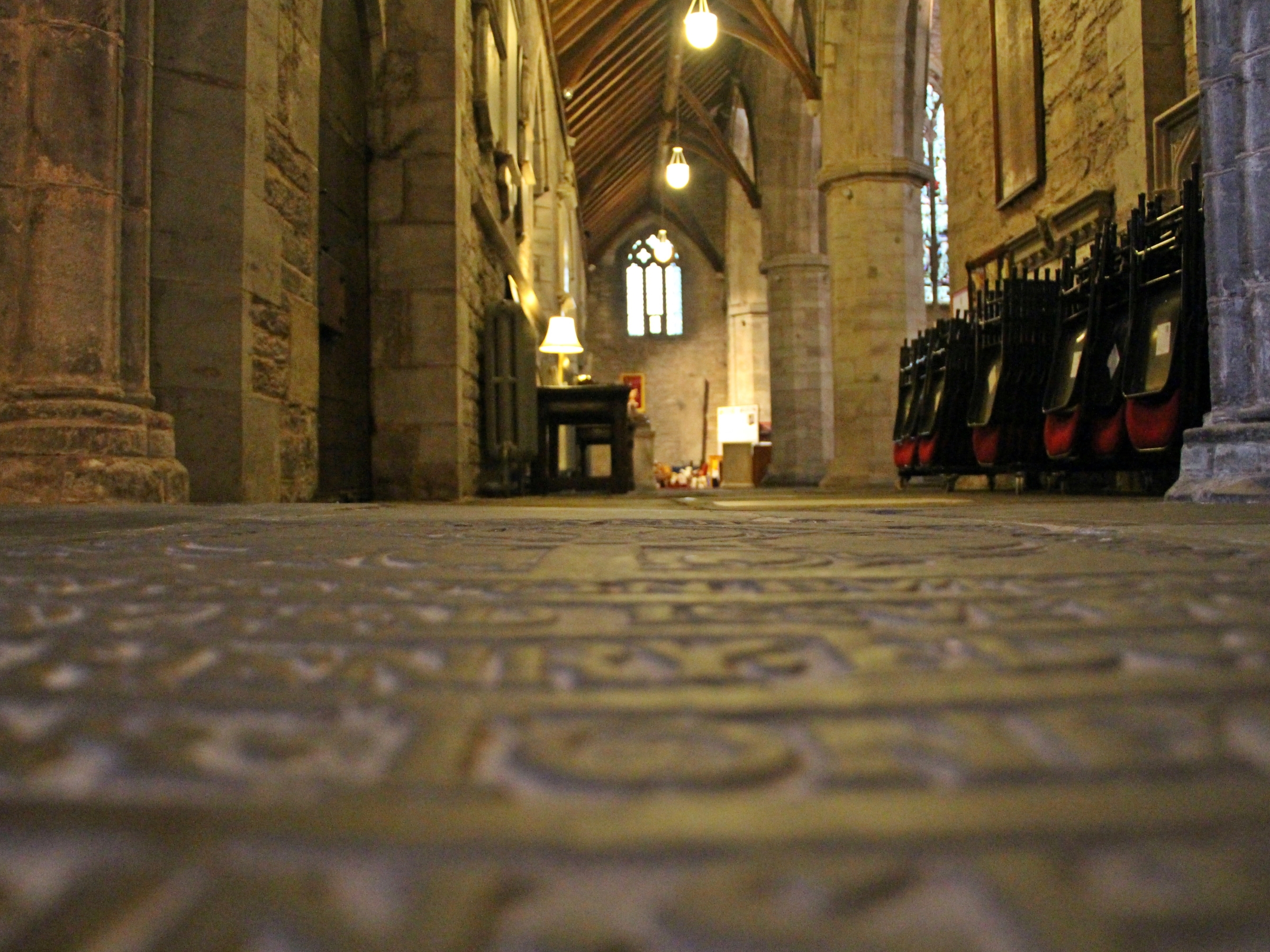What’s a community?

There are probably few words more overused than community. Almost anything can be categorized as a communities these days, especially if that opens the door to niche marketing or promoting self-interest.
Arguably the most dominant form of community today is the virtual or digital community: all the various ‘shared-interest’ groups brought to us via Facebook, Twitter, Reddit, and other social media platforms. They let us connect with people the world over who enjoy the same things we do.
I remember in the early days of the Internet how thrilling it was to chat regularly with people across the globe. It was amazing! One of the first I had was with people from Germany, England, and the newly formed Czech Republic about beer. I was still a student at William & Mary and the new possibilities of the Internet, coming as the world was changing following the collapse of the Soviet Union, seemed to betoken a bright new world.
As recently as 2015, a wide scale survey in the States demonstrated that while most people had some concerns about the impact of social media (especially parents), by and large people were upbeat about digital communities and the endless information the Internet provides.
I’m not so certain that optimism remains undiminished today. To the old concerns about the weakening of local communities and neighborhoods, we can now add growing concerns about privacy, the political impact of rumors and misinformation (‘fake news’), and awareness about how easy it is to live in social bubbles that block out ideas and people with whom we don’t agree. And as people like Joseph Turow have shown, a great deal of our online lives are really means for data miners to gather information about us and our interests to sell to marketers.
Just consider that for a moment. Human lives are now a resource to be mined for the profit of others…
I’m the father of an 18 year old, so I know well that many, if not most, young men and women are not bothered by much of this. I’ve heard many say something like,
As long as they’re provided me with things I like to do, I don’t care if they gather information about me. It only helps them to connect better with my interests.
And they have a point: a great deal of the rhetoric about privacy and surveillance can be overblown, suggesting that there are rooms full of people prying into every detail of our lives.
Let’s face it: most of us live lives that just aren’t that interesting.
But what kind of society is created when people rely on social media to form communities?
- First, the vast majority of them are based on kinds of consumption, which reinforces our identity as consumers: as people who define themselves and their world by pursuing happiness by consuming goods and services. We become members of the countless consumer tribes that base identities on products.
- Similarly, these communities don’t come without a cost. If I go next door to chat with my neighbor, that social interaction has to cost no more than the expenditure of calories required for walking and talking. Online communities require electricity, corporations profitable enough to sustain the necessary technology, and cheaply produced hardware to support the needed software. Our smartphones and laptops don’t come without a price.
- Finally, almost all online communities exist for reasons of profit. Hardly any of them, therefore, are free of advertisements. We may be very adept at ignoring the barrage of sales pitches that we encounter every time we log into our online communities, but a social world filled with such marketing is altogether different from one that isn’t. In fact, sociologists recognize that the sales pitch has become the most pervasive form of social communication today. If nothing else, that begins to affect how we understand truth and reality.
So, back to my original question: what is a community? A basis for Convivium is the conviction that healthy communities are real communities that don’t depend on technologies, that take account for the natural world, and that endure.
You might call these ’embodied’ communities because they require the use and presence of our actual, physical bodies: facial expressions, vocal cords, eyes, and all the other aspects of being in the actual, physical presence of others.
Only in that way can we learn to delight in people for whom they are rather than only for the interests and habits they share with us. Embodied communities don’t allow us to escape too easily from people we’d otherwise avoid, require us to engage with ideas we might find distasteful, but also allow us to encounter the kind of love and affection that can build us up. Ultimately, that’s the basis for conviviality and (to put it bluntly) maturity not least because they draw us out of ourselves.
What embodied communities do you belong to? And is there anything you can do to support and grow them? They probably need your help.

The title question, and then particularly the penultimate question, got me thinking. Thanks for writing this piece, it just changed the direction of my day.
LikeLike
Thanks, Tim. Do let us others know about what we’re trying to do here at Brecon Cathedral
LikeLike